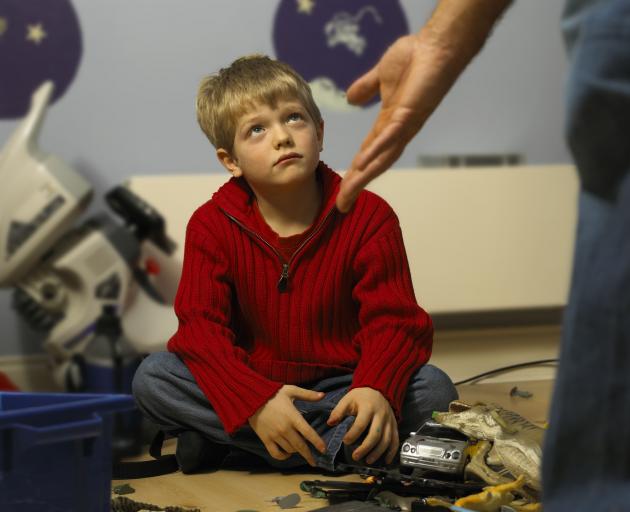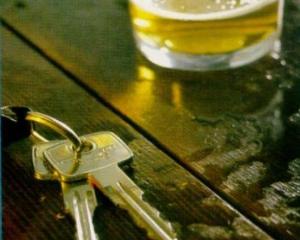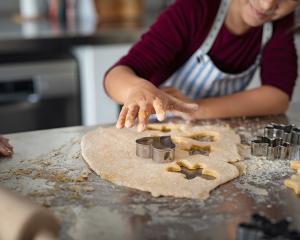
Ian Munro has some tips on how to deal with your kids' friends in difficult moments.
How do you deal with your kids’ friends who’ve come to play? How tough should you be when things start to go wrong?

This can be difficult for parents when the situation arises for the first time. You feel that you don’t want to seem like an ogre or embarrass your youngster.
Try having a few simple, clear house rules in mind that are explained either when you sense things start to go amiss or, better, at the start of the visit. These might cover such things as no jumping on the furniture; outside play, like throwing balls, belongs outside; and we sit down while we eat and drink.
Issues that need stronger, quick and decisive action to nip them in the bud include: challenging your authority by deliberately ignoring your instructions; attempting to manipulate your child into doing the same; speaking rudely to you or others; and being rough with a pet or younger child.
At this point you should deliver the child home or call the parent to collect them. You will need to be prepared for that hard conversation. If neither action is possible, it will be a case of doing your best to keep the child contained and, obviously, not inviting them back. This time the hard conversation may have to be with your youngster explaining why.
If the friend’s parent is present and not taking charge of the situation, even if requested to, then you will have to. It can be a challenge telling off another child in front of their parent as the parent can be very defensive, but in your home you have that right. It can also be hard if the child is only in your house because they are your friend’s child, not because they’re your child’s friend.
There are also some things you can do to avoid the boot being on the other foot. Stress the importance of and even have them practice:
• saying hello and goodbye to the host parent using their name
• using "please" and "thank you" at all times
• using polite ways of asking for things
• apologising when something’s gone wrong helping clean up any mess or playthings before they leave
• how they move around indoors: speed, noise and closing doors
• being aware when their hands are dirty or sticky or their shoes have dirty soles, perhaps always removing them at the door
• having a simple conversation-starter up their sleeve to use with the host parent.
Help them to understand that, just as they have possessions that are important to them, so their friends and their parents will also have things that are important to them and they should be respected.












